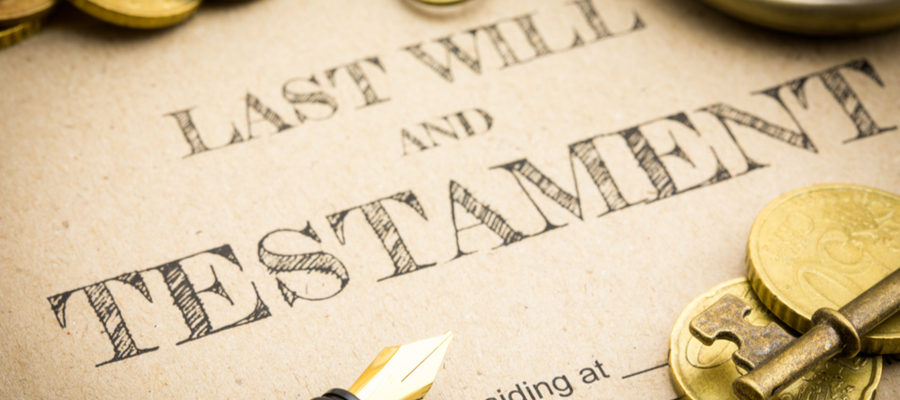
What will happen if you don’t have a will?
If you have any assets and pass away without having a legally binding will in place, your assets will be divided by way of intestacy rules. These Intestacy rules, otherwise known as the law of descent and distribution. These laws decide how your assets or estate is to be divided when there is no will in place. The particular is S.46 of the Administration of Estates Act 1925
https://www.ageuk.org.uk provide a simple breakdown on how your estate is passed along if you have not made a will; see below:
- If you have a spouse or civil partner and children, your spouse or civil partner will inherit all your personal possessions and at least the first £250,000 of your estate, plus half the rest. Your children will then be entitled to the other half of the balance.
- If you have a spouse or civil partner but don’t have children your spouse or civil partner will inherit your whole estate, including your personal possessions.
- If you and your partner aren’t married or in a civil partnership and you haven’t made a will, they have no automatic right to inherit from your estate. This applies even if you’ve lived together for a long time or have children together.
- If you have children and your spouse or partner is deceased your children will inherit everything, divided equally between them.
- If you don’t have a partner or children then parents, brothers, sisters, and nieces and nephews may inherit your estate.
If I am not married on in a Civil Partnership will my partner inherit my estate?
If you and your partner and not married or within a Civil Partnership then your estate will not go to them automatically. However, when it comes to property, your share of the property may be passed automatically to your partner depending on the type of ownership you have.
The two types of property ownership are;
Joint Tenants
Sometimes known as ‘beneficial joint tenants’
When you are Joint Tenants each party has equal rights to the whole property. When one of the parties dies the other party will receive their share of the property automatically. With Joint Tenants, your share cannot be passed to another individual.
Tenants in common
Tenants in common can own different shares in the property. For example, one party can own 40% while the other holds 60%. When one party dies it will not automatically go to the other party unless it follows the rules of S.46 of the Administration of Estates Act 1925. However, you can pass on your part of the property to anyone else under your will.
If you would like to know more about Joint Tenancy, Tenancy in common and how to sever a tenancy please go to our separate article
What is an estate?
Your estate is the combination of multiple assets such as;
- any property or land that you own
- any savings in a bank or building society
- premium bonds
- pension funds that include a lump sum payment on death
- investments such as stocks and shares or investment trusts
- motor vehicles
- jewellery, antiques and other personal belongings, including furniture and household belongings.
You may also have life insurance or an endowment policy. These are included as part of your estate but may not be affected by Intestacy rules. This is because, in the process of taking out the insurance, you name individuals separately who will be the beneficiaries of that policy. These policies are usually not affected or overridden by what is in your will. Therefore, if you want to make changes to who will receive the benefit of the insurance policy, you may need to speak to the underwriters themselves rather than just placing the new information into a will.
Want to speak to Solicitor about making a Will?
Find a Solicitor by clicking the button below